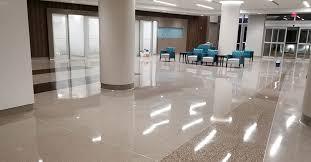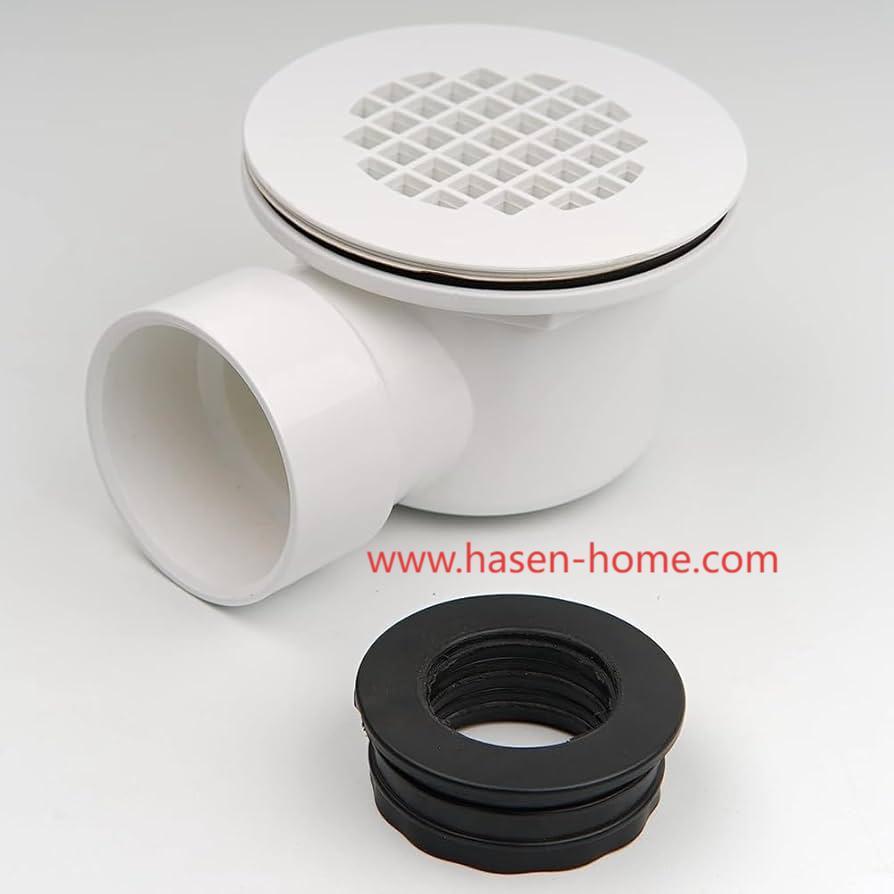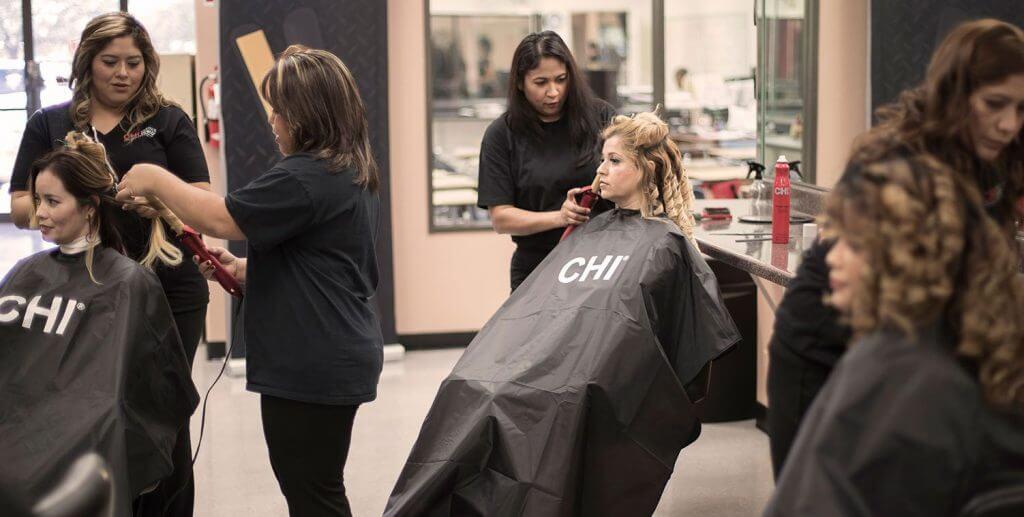Hospitality Flooring Market Sees Increased Demand for Custom, High-Performance, and Slip-Resistant Flooring

The hospitality flooring market is witnessing a significant transformation as the industry pivots toward high-performance, customized, and slip-resistant flooring solutions. As hotels, resorts, and hospitality spaces continue to prioritize guest safety, design flexibility, and long-term durability, flooring has evolved from a purely functional element into a core component of brand expression and operational efficiency.
In 2025, flooring is no longer just about what’s underfoot—it’s about how it performs, how it feels, and how it enhances the overall guest experience. This shift in demand is being driven by evolving customer expectations, higher health and safety standards, and the hospitality industry's growing focus on operational sustainability.
Demand for Customization Reflects Brand Identity and Experience
Hotels and resorts are moving away from generic flooring solutions in favor of customized options that align with their brand personality and customer demographic. Flooring today plays a central role in establishing mood, storytelling, and spatial flow.
Designers are opting for unique textures, patterns, and color combinations that differentiate their interiors. Whether it's luxury suites with plush, elegant carpets or boutique lobbies with bold geometric vinyl tiles, the market is embracing flooring that complements the theme and identity of the property.
With modular flooring systems and advanced digital printing, custom designs can now be executed with greater accuracy and affordability. These innovations are making it easier for hospitality spaces to craft distinctive experiences without sacrificing durability or function.
High-Performance Flooring Becomes an Operational Necessity
In high-traffic environments like hotels, flooring must withstand daily wear and tear, heavy rolling loads, frequent cleaning, and seasonal humidity variations. This has led to a surge in demand for high-performance materials that offer long-lasting durability, easy maintenance, and resistance to damage.
Luxury vinyl tiles (LVT), engineered hardwoods, and hybrid flooring systems are dominating the market. These materials are not only stylish but also highly resilient, reducing the need for frequent replacement. Hotels are increasingly looking at flooring not just as a capital expenditure, but as a long-term investment that minimizes repair costs and maximizes guest satisfaction.
Additionally, stain resistance, water resistance, and thermal stability have become key performance indicators. Flooring solutions that meet these requirements while maintaining visual appeal are seeing the most traction in the market.
Safety First: Rise in Slip-Resistant Flooring Solutions
One of the strongest shifts in the hospitality flooring market is the growing emphasis on slip resistance. With increased awareness around liability, safety, and health protocols, hotels are prioritizing flooring that reduces the risk of slips and falls—especially in wet zones like bathrooms, spas, kitchens, entryways, and poolside areas.
Slip-resistant coatings, textured surfaces, and flooring with higher friction ratings are now standard in many new developments and renovations. These options not only improve safety for guests and staff but also help properties comply with regulatory standards.
This focus on safety does not come at the cost of style. Today’s slip-resistant flooring options are available in elegant finishes, natural tones, and versatile styles—ensuring that safety and design can coexist seamlessly.
Integration of Functionality and Design
The latest flooring trends demonstrate a balance between visual impact and functional superiority. The use of layered materials enables properties to deliver both comfort and utility—such as sound insulation in guest rooms, scratch resistance in high-traffic areas, and temperature control in colder climates.
Furthermore, properties are integrating flooring into broader wellness initiatives. For example, soft flooring underfoot enhances guest relaxation, while noise-reducing materials contribute to better sleep quality. Flooring is now being selected based not just on how it looks—but how it feels, sounds, and supports the wellbeing of guests.
Looking Ahead: Innovation Will Define the Future
The hospitality flooring market is poised for continued growth in the coming years, fueled by innovation in materials science and design technologies. Expect to see greater adoption of smart flooring features—such as embedded sensors that track occupancy or alert staff to moisture buildup—as well as a rise in sustainable, biodegradable materials that meet both environmental and performance goals.
As hotels continue to compete on experience and operational efficiency, flooring will remain a critical investment area. Manufacturers that offer solutions blending customization, resilience, and safety will lead the way.
Conclusion
In 2025, the hospitality flooring market is shifting decisively toward customized, high-performance, and slip-resistant solutions. As design, durability, and guest safety take center stage, the industry is embracing flooring as a foundational component of hospitality excellence. Whether renovating a boutique inn or developing a luxury resort, the right flooring choice today can mean better brand identity, lower long-term costs, and a superior guest experience tomorrow.







